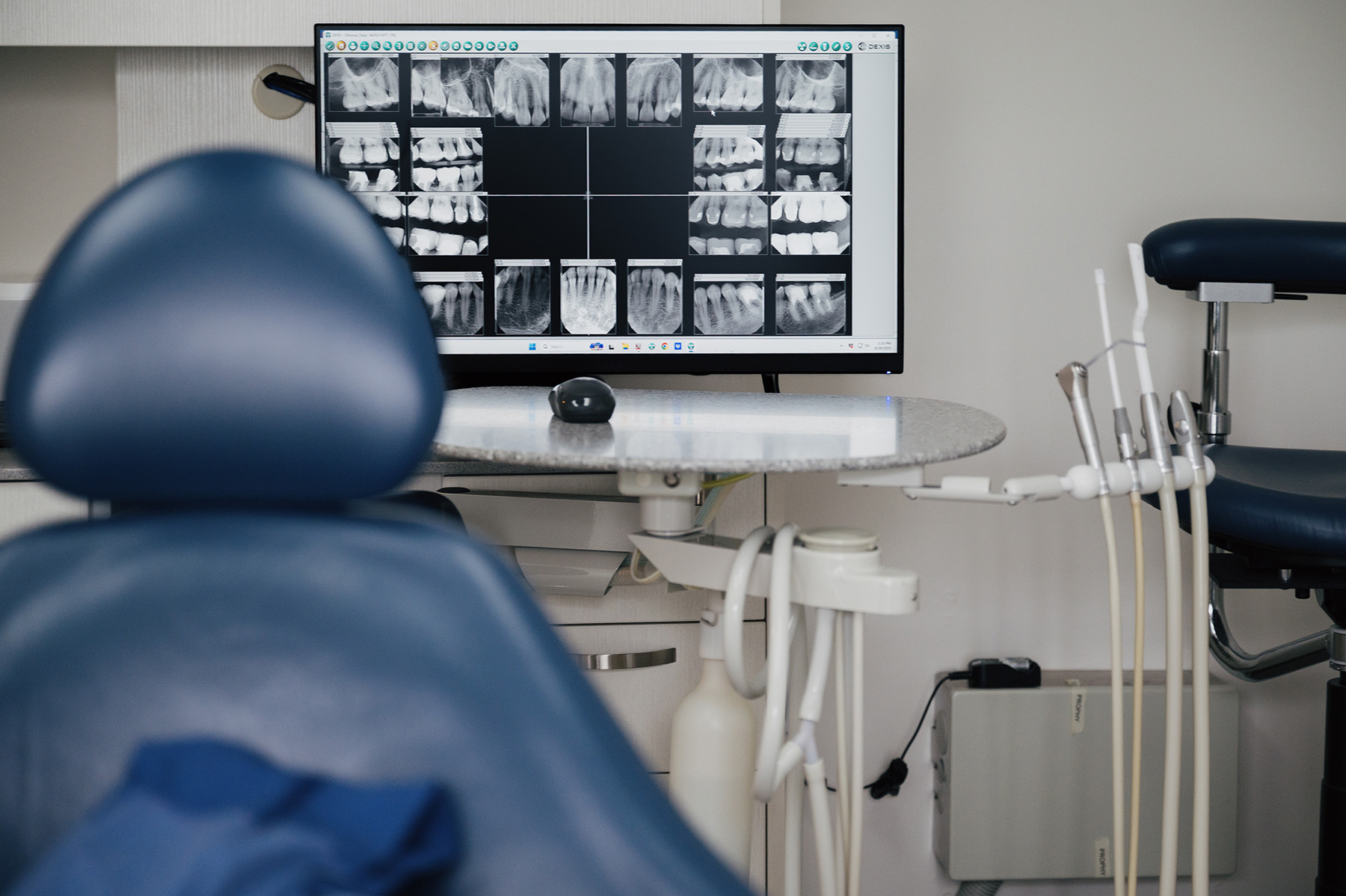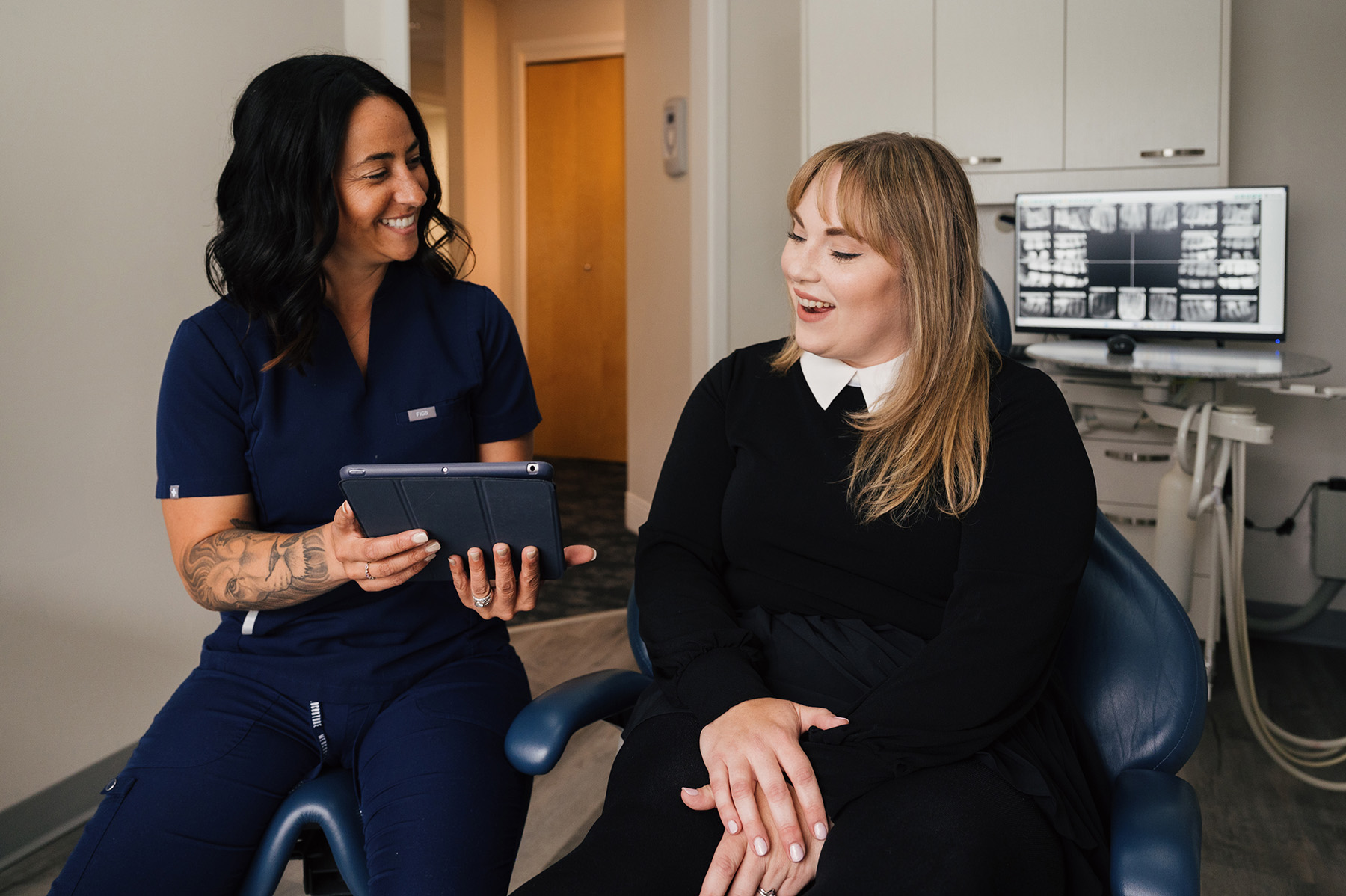Dr. Rob McVety was awesome! He replaced a crown on my upper front teeth that was made by previous dentist. We are going forward to making my smile prettier.
Ruth W.









Dr. Rob McVety was awesome! He replaced a crown on my upper front teeth that was made by previous dentist. We are going forward to making my smile prettier.
Ruth W.
Call 207.517.7008 or request an appointment online to set up your first visit. We’ll be in touch soon to confirm your appointment and answer any questions you may have.